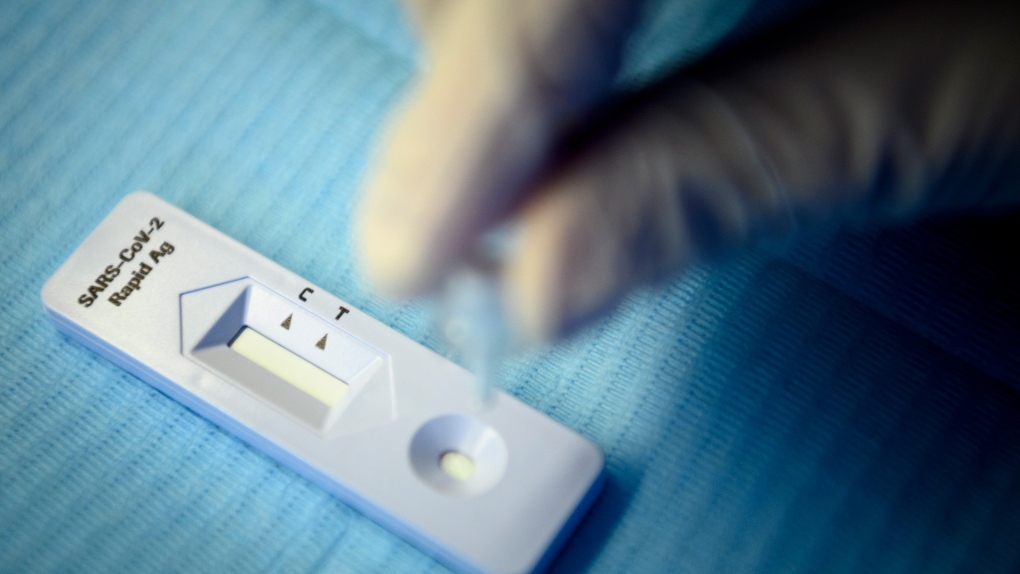
Principal Investigator: Sarah Mswata
Project leader/ Coordinator: Sarah Mswata
Project Administrator: TBC
Funding Partner: National Institute for Medical Research (NIMR)
Start date: Sept. 12, 2023
End date: Aug. 31, 2025

Molecular determinants and the effectiveness of AgRDT for COVID-19 as compared to gold standard qPCR diagnostic in Tanzania
This study aims to evaluate the performance of the SARS-CoV-2 Antigen Rapid Diagnostic Test (AgRDT) when compared to the standard quantitative polymerase chain reaction (qPCR) method using nasopharyngeal swab samples obtained from health facilities in Tanzania. Additionally, the study seeks to examine the correlation between AgRDT performance, viral loads, and variant types by employing qPCR and whole genome sequencing.
The coronavirus disease 2019 (COVID-19), caused by severe acute respiratory syndrome coronavirus 2 (SARS-CoV-2), poses a global health challenge. The true extent of COVID-19 cases may be underestimated due to insufficient testing of suspected cases in health facilities and other complicating factors.
The hypothesis driving this study suggests that in Tanzania, the efficacy of the SARS-CoV-2 AgRDT is influenced by circulating variants, viral load levels, and other host-related factors.
Against this backdrop, this study will recruit and test 700 participants from health facilities in Mbeya, Dodoma, Arusha, Kigoma, and Dar Es Salaam. These participants will undergo testing using three methods: AgRDT, qPCR, and sequencing.
Significance of the Study
This study holds significance as it will provide insights into the proportion of missed COVID-19 cases due to undetected variants or potential overestimation of cases due to cross-reactivity with comorbidities. Assessing the effectiveness of SARS-CoV-2 AgRDT as the primary diagnostic tool in the region is imperative to ensure accurate disease diagnosis.
The findings of this study will play a crucial role in informing policymakers about the efficiency of AgRDT for COVID-2 testing in the field. Moreover, the research will provide valuable information on the proportion of missed cases due to undetected variants or potential overestimation resulting from cross-reactivity with comorbidity antibodies.
Collaborators of the study
Ifakara Health Institute will conduct this study in collaboration with several key partners, including the Ministry of Health, National Institute for Medical Research (NIMR), Muhimbili National Hospital, Amana Regional Hospital, Mwananyamala Regional Hospital, Temeke Regional Hospital, Zonal Hospitals in Arusha, Dodoma, Mtwara, Mbeya, Kigoma, Geita & Zanzibar National laboratory, Regional Health Management Teams (RHMTs), and Community Health Workers (CHWs) in Dar es Salaam. Collaborative efforts with organizations such as DNDi and FIND will further enrich the study's scope and impact.
The Ifakara team conducting this study will include Sarah Mswata, the Principal Investigator and also Project Leader, Dr. Aneth Tumbo, Dr. Grace Mwangoka, Dr. Bernard Ngowi and Dr. Mkude Chachange.
